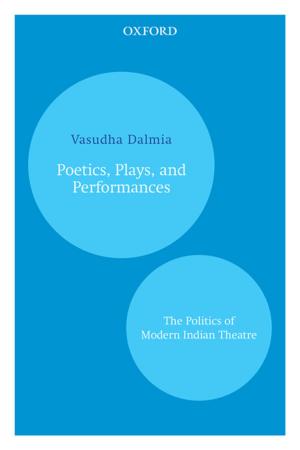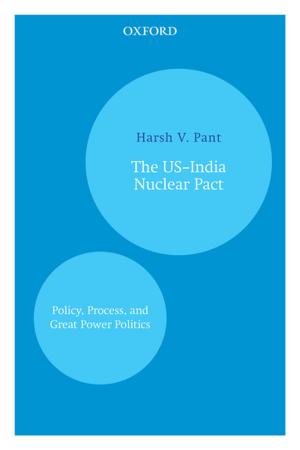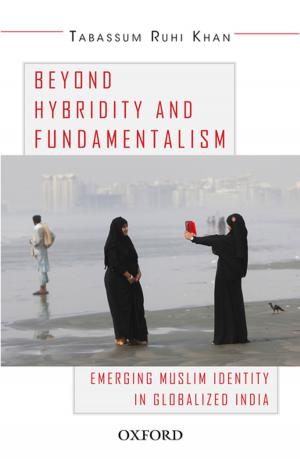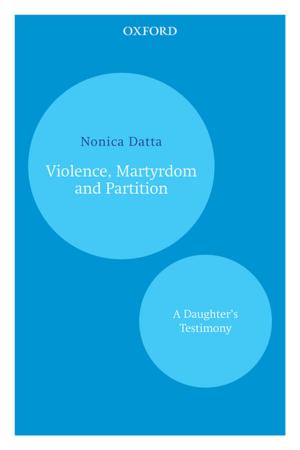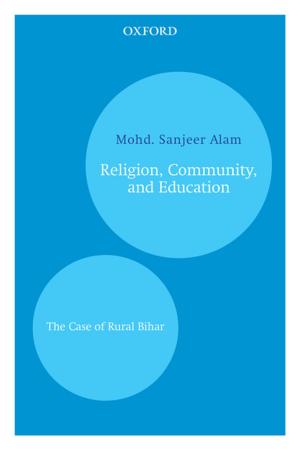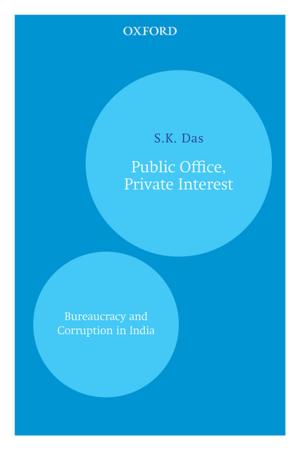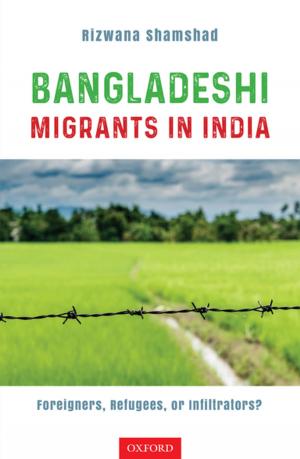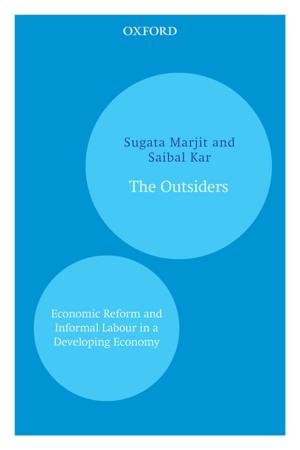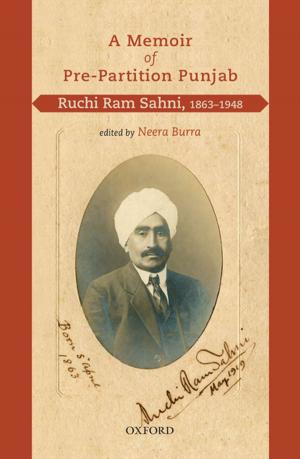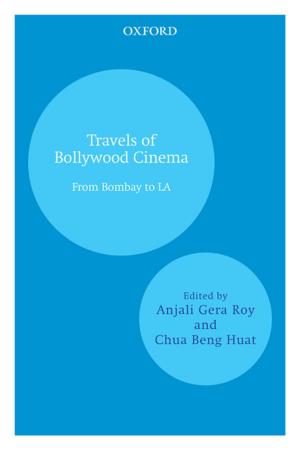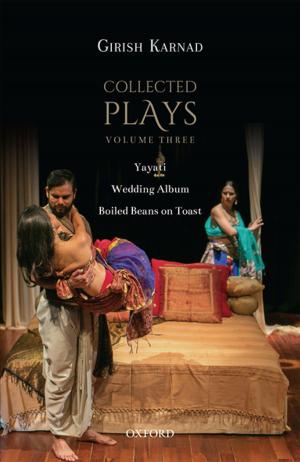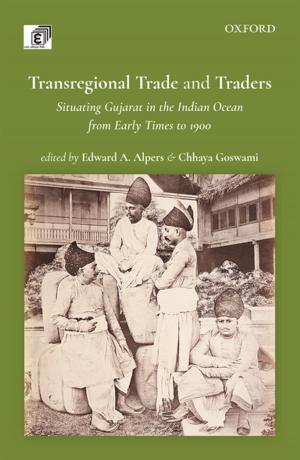Friendships of ‘Largeness and Freedom’
Andrews, Tagore, and Gandhi: An Epistolary Account, 1912-1940
Nonfiction, Entertainment, Performing Arts, Radio, History, Asian, Asia| Author: | ISBN: | 9780199091690 | |
| Publisher: | OUP India | Publication: | January 4, 2018 |
| Imprint: | OUP India | Language: | English |
| Author: | |
| ISBN: | 9780199091690 |
| Publisher: | OUP India |
| Publication: | January 4, 2018 |
| Imprint: | OUP India |
| Language: | English |
Friendships of ‘Largeness and Freedom’ presents the story of three remarkable individuals—Rabindranath Tagore, Mahatma Gandhi, and the Anglican missionary Charles Freer Andrews. Brought together for the first time, the letters in this volume not only bear witness to their friendship but also reveal the universal principles they adopted to pursue freedom from colonial rule. Together, the three friends have given us an alternative legacy—the legacy of a nationalism that worked with complete restraint, that cried halt to the freedom movement whenever it turned violent, and that proclaimed the way forward to be in self-suffering and not in hatred of the enemy. They firmly believed that there must be no separation between the spiritual and the political, even in a political struggle. As Tagore wrote: ‘I know such spiritual faith may not lead us to political success, but I say to myself, as India has ever said: Tatah kim? Even then, what?’ Offering a glimpse into the recesses of their minds, their letters help us see what their lives were like beyond the myths and legends that often surround such iconic individuals.
Friendships of ‘Largeness and Freedom’ presents the story of three remarkable individuals—Rabindranath Tagore, Mahatma Gandhi, and the Anglican missionary Charles Freer Andrews. Brought together for the first time, the letters in this volume not only bear witness to their friendship but also reveal the universal principles they adopted to pursue freedom from colonial rule. Together, the three friends have given us an alternative legacy—the legacy of a nationalism that worked with complete restraint, that cried halt to the freedom movement whenever it turned violent, and that proclaimed the way forward to be in self-suffering and not in hatred of the enemy. They firmly believed that there must be no separation between the spiritual and the political, even in a political struggle. As Tagore wrote: ‘I know such spiritual faith may not lead us to political success, but I say to myself, as India has ever said: Tatah kim? Even then, what?’ Offering a glimpse into the recesses of their minds, their letters help us see what their lives were like beyond the myths and legends that often surround such iconic individuals.

